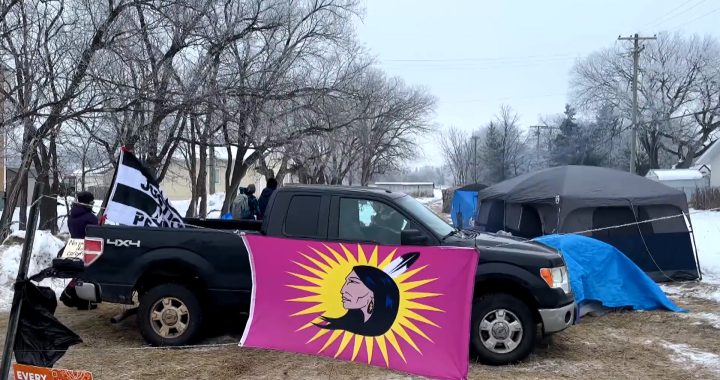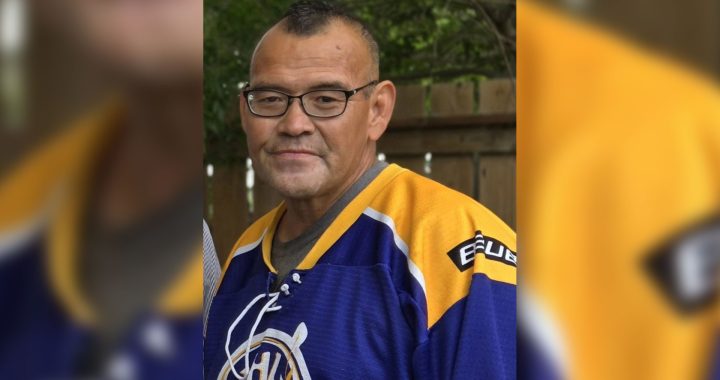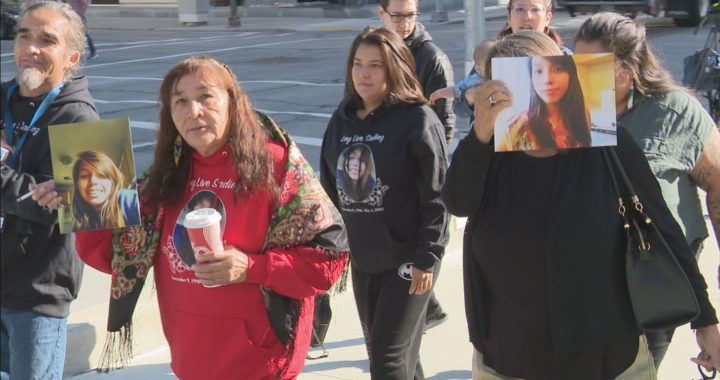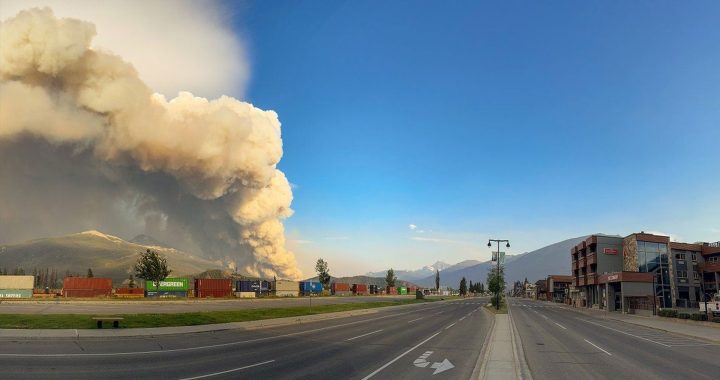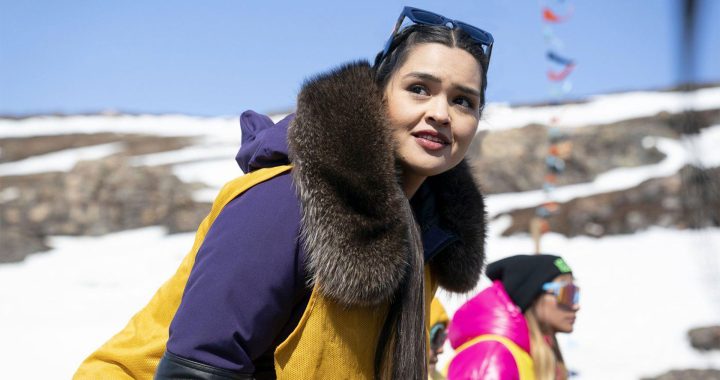As a child of the ’60s Scoop who was beginning to re-discover her birth family, Betty Ann Adam thought journalism was a good profession to pursue. Adam, who was raised in a non-Indigenous home, was looking to discover who she was as an Indigenous person and learn more about Indigenous people.
But, Adam didn’t just want to be the “Indigenous reporter” in the newsroom, despite being the only Indigenous person reporting for the Saskatoon Star Phoenix at the time.
“I felt a bit like they wanted to assign me to the Indigenous stories and I didn’t feel ready to do that at that point,” says Adam on the latest episode of Face to Face. “I hadn’t trained as a journalist. I had done some work and they saw some potential, so they gave me that opportunity.
“But, I didn’t feel comfortable doing Indigenous stories, exclusively, because I just felt at a disadvantage and I sometimes felt as though Indigenous people that I interviewed expected me to understand them, more than I did at that time.”
In 1989, Indigenous representation in newsrooms in Canada was pretty sparse says Adam who felt she didn’t have a lot of power to influence the way stories about Indigenous Peoples were being told.
Adam says she noticed things beginning to change following the criticism newsrooms received over coverage of the crimes of Saskatoon serial killer, John Crawford.
That criticism was documented in Warren Goulding’s 2001 book, Just Another Indian: A Serial Killer and Canada’s Indifference.
Adam worked at the Star Phoenix for three decades covering a range of issues.
Many big stories stick with her including the Neil Stonechild inquest, the Saskatchewan Treaty Land Entitlement framework agreement, the so-called Spiritwood Incident where two RCMP officers were shot and killed by Curtis Dagenais, and the wrongful conviction of David Milgaard.
Adam broke the story on the practice of coerced sterilization of Indigenous women without free and informed consent. The practice is now the focus of a class-action lawsuit.
Despite stepping away from the daily news grind, Adam has not slowed down. She has taken on the role of associate editor with Eagle Feather News.
Adam, who is a member of Fond Du Lac Denesuline First Nation, is also working on the latest season of Connie Walker’s podcast, Stolen.
Adam is also the chair of the Sixties Scoop Indigenous Society of Saskatchewan that recently released Everything is Connected, a documentary that highlights how intergenerational trauma and the separation of Indigenous children from their families are connected to the issue Missing and Murdered Indigenous Women and Girls.
“It starts with the residential schools and that was often leading to former students whose children got scooped. And then those same families would have people who were dying in this terrible scourge of MMIW. And we thought it was important for Canadians to understand that these things don’t happen in silos,” says Adam.
“All of the negative issues that face Indigenous people can be linked to government policy.”
Everything is Connected is not the first documentary Adam has worked on. Filmmaker Tasha Hubbard’s 2016 film, Birth of a Family documents Adam and her birth siblings, meeting together for the very first time.
“Birth of a Family was a great experience. When I see it, it’s like seeing the best ever family holiday album that you ever saw but it was our family being together for the first time. And in fact, this past Christmas, my sister Rose came to Saskatoon and it was the first Christmas in any of our lives where two of us at least ever got to be together for Christmas and she stayed through New Years.
“You know, Sixties Scoop people are surviving and thriving and we’re trying to find our way back to family and community. And there are stories of happiness, joy and hope too.”







